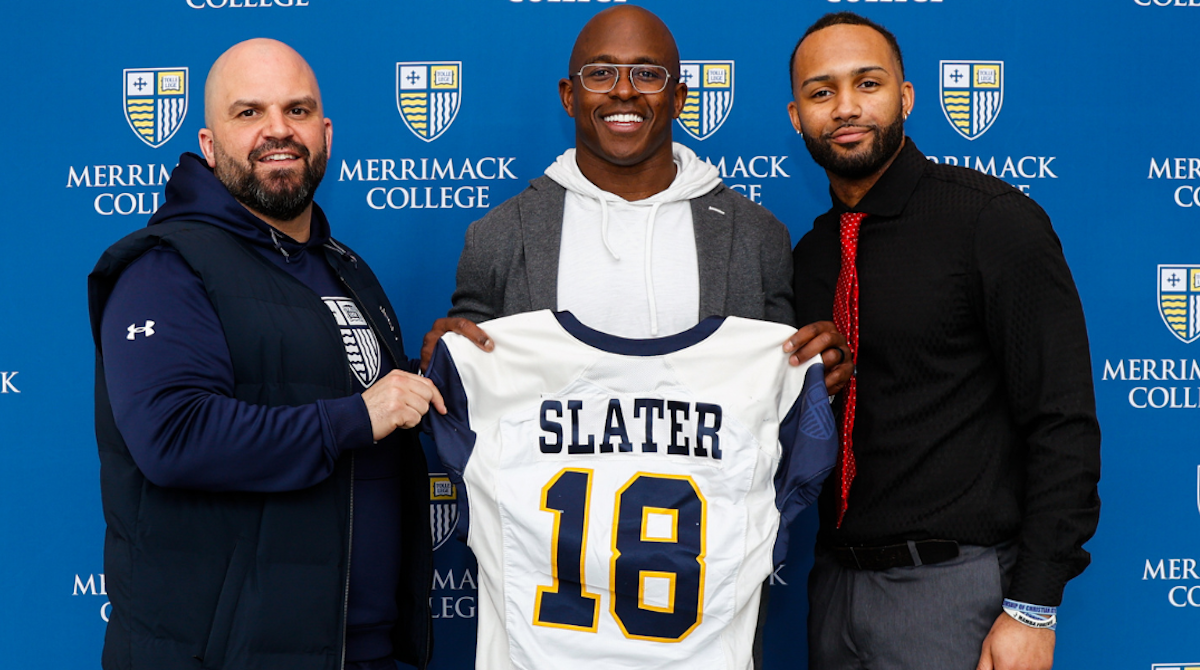GIRARD SCHOOL OF BUSINESS
WINSTON SCHOOL OF EDUCATION AND SOCIAL POLICY
SCHOOL OF ARTS AND SCIENCES
SCHOOL OF ENGINEERING AND COMPUTATIONAL SCIENCES
SCHOOL OF NURSING AND HEALTH SCIENCES
With flexible options, you can complete your Master of Science in Health Promotion and Management in as little as nine months or take as much time as you need.
"*" indicates required fields
The former captain for the New England Patriots and three-time Super Bowl champion was the keynote speaker for the College’s Unity in Diversity Days.
